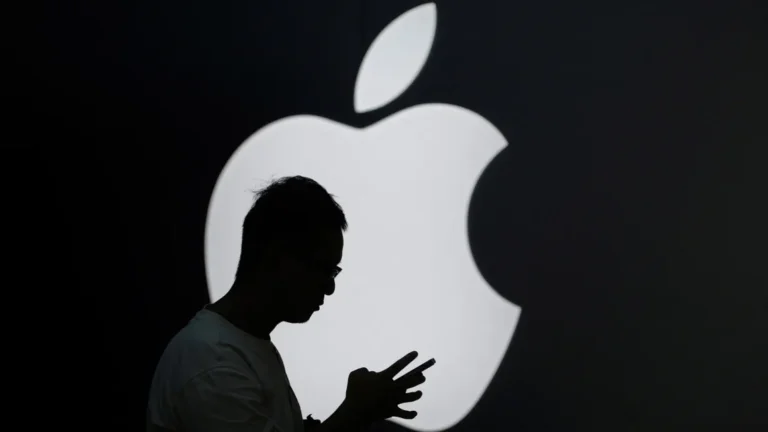Russian shuttle with two cosmonauts, US space astronaut docks at space station.
Two Russian cosmonauts and a space explorer from the US have docked with the Worldwide Space Station (ISS) subsequent to taking off from Baikonur Cosmodrome in Kazakhstan in the midst of seething strains among Moscow and Washington over the attack of Ukraine.
Russia’s Roscosmos space organization said cosmonauts Oleg Kononenko and Nikolai Chub and US NASA space explorer Loral O’Hara took off on Friday locally available the Soyuz MS-24 rocket.
At the circling station, the triplet will join the group of three Russians, two Americans and one Japanese, alongside a delegate of the European Space Organization.
The ISS stays an uncommon setting for collaboration between the US and Russia, whose secures broke after Moscow released its hostile in Ukraine last year.
Russia’s Kononenko implied the stressed international strains during a pre-flight public interview on Thursday, saying that “in contrast to on the planet” cosmonauts and space explorers dealt with one another in space.
“The appearance of three new group individuals to the current seven individuals currently ready for Undertaking 69 briefly builds the station’s populace to 10,” NASA said after the Soyuz docked with the ISS.
Kononenko, 59, and Chub, 39, are booked to spend a year on the ISS, while O’Hara, 40, is to burn through a half year ready. It was the primary mission to space for O’Hara and Chub.
Mission authority Kononenko is on his fifth outing to the circling space station.
Friday’s send off was the first by Russia since last month’s deficiency of Russia’s Luna-25 module, which crashed on the Moon’s surface after an episode during pre-landing moves, in an enormous shame for Moscow.
The Luna-25 mission was intended to check Russia’s re-visitation of free Moon investigation despite monetary difficulties and debasement outrages, and its developing separation from the West in the midst of its conflict on Ukraine.
Moscow keep going handled a test on the Moon in 1976, preceding moving away from lunar investigation for missions to Venus and building the Mir space station.







